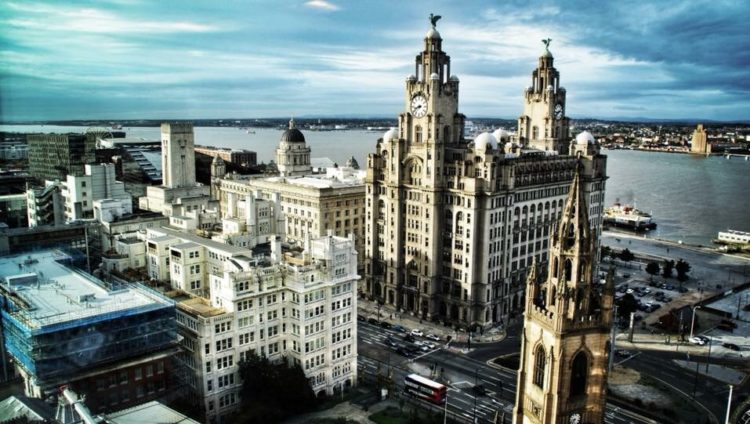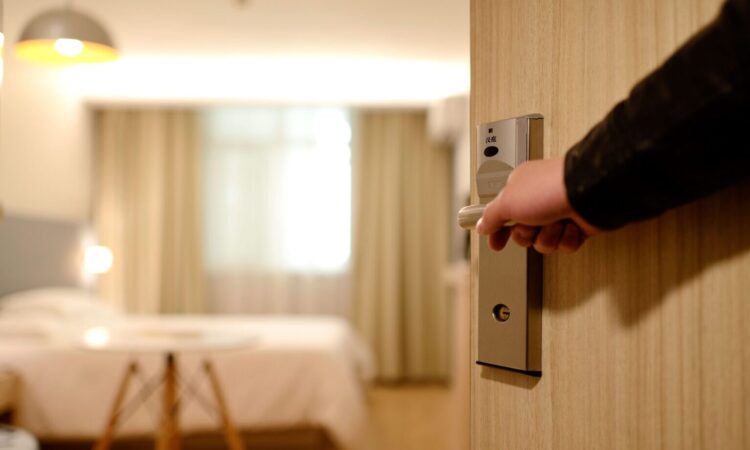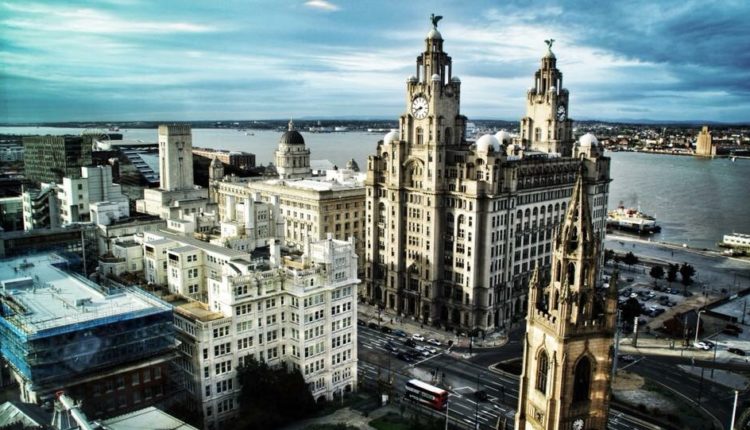As Merseyside sees new COVID-19 restrictions, data from Liverpool City Council reveals the devastating impact of the pandemic on the local economy with up to 15,000 jobs at risk. Tony McDonough reports

New figures lay bare the devastating impact of COVID-19 on the Liverpool economy with the tourism sector taking a £1bn hit iso far in 2020.
And it is calculated in a worst case scenario, that the ending of furlough could see as many as 15,000 jobs lost in the across all of the city’s business sectors. Around 64,000 workers are currently furloughed across the city. Further lockdowns could see losses rise even further.
Data from Liverpool City Council shows the hotel sector has been hit particularly hard with just 425,000 hotel rooms sold from March to August. For the same six-month period in the years from 2015 to 2019, there was an average of more than 1m rooms sold. Six month average occupancy dropped from 80% in 2019 to just 33% in 2020.
The busiest month in the six-month period was August when 110,000 rooms were sold. This is still well down on August 2019 which saw 183,000 rooms sold in the city.
The Government ordered a full lockdown across the UK in late March, shutting down the entire hospitality sector. Venues were allowed to reopen from early July but by then much of the damage was already done.

According to the city council, the average hotel visitor is worth £80 a day to the city’s economy. With no concerts, theatre visits, no cruise visits, no football fans or museum visits, it is estimated the visitor economy has taken a £1bn hit from March to August.
Liverpool’s visitor economy has grown rapidly since the city was European Capital of Culture in 2008. Tens of thousands of extra hotel rooms have been added and, until this year, the sector was worth around £3.3bn annually to the city. Across the city region that figure was around £5bn.
Hospitality businesses were given access to grants of up to £25,000 to help them through the lockdown and many also took advantage of the furlough scheme. The Eat Out to Help Out meal subsidy scheme also boosted football in Liverpool in August.
However, none of this will be anywhere near enough to compensate for the loss of business during the pandemic and the hospitality sector will take a long time to recover from this economic shock.
On Friday, the Government announced further restrictions due to the rise of COVID-19 cases across Merseyside. From Tuesday, September 22, bars, restaurants and other venues will be closed by 10pm each evening.
Bill Addy, chief executive of Liverpool BID Company, which represents more than 1,500 city centre businesses, said the new restrictions were “incredibly disappointing”, adding: “The last thing we wanted was anything that could disrupt Liverpool’s fragile recovery.
“The onus is on everyone right now. These restrictions don’t mean Liverpool is closed but it does mean we need to spend a little more time thinking about safety when we are out and about. When you’re keeping yourself safe, you’re keeping Liverpool safe.
“What we have to focus on now is three fold: We have to make sure businesses have everything they need to make both themselves and their customers safe; We need to be securing support for the businesses who are not going to be able to operate under these restrictions; We need to ensure this situation is as short lived as possible and we work together to get these numbers down.
“It’s worth remembering that this couldn’t have come at a worse time for some businesses. Furlough is coming to an end; for many, many businesses they haven’t seen anything yet of a recovery.

“While some have benefited in this period, others have been unable to open their doors yet haven’t had any support. We are continuing to lobby government, locally, regionally and nationally, to make sure that when these restrictions are lifted we aren’t faced with businesses for whom this has been the last straw and they’re forced to shut.
Frank McKenna, chief executive of business lobby group, Downtown in Business, said the latest figures were “disappointing but not unexpected”. He added: “The visitor economy has been battered over the past six-months and I fear there is worse to come.
“In the immediate term, we need to be focusing on how we can support those businesses within the hospitality space and continue to campaign for a targeted furlough scheme for the sector. However, we also need to wake up to the fact that this has a much broader impact on business and the economy.
The supply chain includes marketing, PR, digital and professional services companies. They are all starting to shed jobs – some will go to the wall in the next quarter.
“I would also say, and I have been saying this for some time now, that Liverpool must start to look at how we can diversify our economy moving forward. That 49% of our business rates comes from hospitality is, to say the least, unhealthy.
“Hopefully, the continued development of the Knowledge Quarter, the catalyst Everton’s new stadium will provide to the north end of the city and the potential growth of our digital sector will mitigate against what is a huge economic challenge.”

